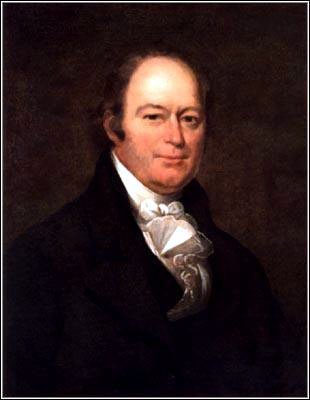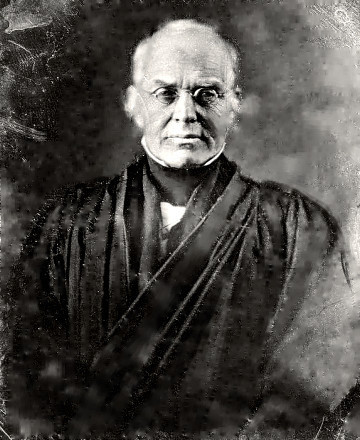How do you know he carried them around?
The Horizon ran aground in May, 1807.
In September 1807, Armstrong writes about McClure being in league with Vale. And working on a case of a shipwrecked ship (”Vail is the Agent of McClure in prosecuting a prize cause here.”)
In November, 1807 the resolution of the case of the Horizon was discussed by Armstrong to Madison.
http://books.google.com/books?id=7WVIAAAAYAAJ&pg=PA7&dq=horizon+shipwreck+armstrong&hl=en&sa=X&ei=opA7Up_jE8nRiAKS6oHoDQ&ved=0CC8Q6AEwAA#v=onepage&q=horizon%20shipwreck%20armstrong&f=false
Fast forward to March, 1810.
“On the 16th March, 1810 he writes him that the certificates of his father’s naturalization, and of his own birth and baptism, were not sufficient; they only prove that his father is an American Citizen, and that he himself was born in the US, and that “the evidence that will reach the case & substantiate (his) claim, is a certified copy of the act of S.Carolina, ‘naturalizing’ (his) father, provided that the “act naturalizes also the children of (his) “father born before his own date:”
In April, 1810 the French arrest McClure based on what Armstrong told them.
That’s a 2.5 year time gap.
When did the disagreement with Armstrong over his citizenship start?
Did McClure have time to arraign for his documents to be sent to him?
Why did Armstrong have no problem with McClure being an American in 1807 but in 1810 he was questioning it?
It seems to me they wanted McClure out of the way and would have made up any excuse to have him arrested.
Would they )Armstrong and Madison) ignore US law just to get McClure under wraps?
How do you know he carried them around?On the 16th March, 1810 he writes him that the certificates of his father’s naturalization, and of his own birth and baptism, were not sufficient;"
Did McClure have time to arraign for his documents to be sent to him?
Okay, so you are suggesting that he didn't carry them around, but instead sent for them some time prior to 1810? It still begs the question.
Why would he send for them? Jus Soli, remember?
It makes no sense to send for a document proving Jus Sanguinus when the operating law is Jus Soli. That he did so indicates the operative law was not Jus Soli.
Why did Armstrong have no problem with McClure being an American in 1807 but in 1810 he was questioning it?
I think we have already established that Armstrong really wanted him out of commission. When a bureaucracy is out to get you, they focus on technicalities. When McClure wasn't being a problem for Armstrong, his citizenship technicality was of no consequence. When he became a problem, Armstrong saw an opportunity to take advantage of the naturalization technicality to put McClure out of commission, and did so.
It seems to me they wanted McClure out of the way and would have made up any excuse to have him arrested.
I don't think Armstrong would have gone so far as to make stuff up just to get him arrested, and I don't think Madison would have countenanced it either. I think Armstrong simply exploited an opportunity which presented itself in the form of a citizenship technicality.
I don't think it would have worked, or even been attempted were the law not what Armstrong said it was. If the Jus Soli rule was the only one to apply, not even the French would be dumb enough to accept a contrary argument. No one would have accepted it, least of all Madison back in Washington.
The Bottom line appears to be that Jus Soli was not regarded as the standard for possessing FEDERAL citizenship, unless it was bequeathed under the umbrella of State citizenship. (As it was in Virginia, but not South Carolina.)
.
By the way, on a separate aspect of this topic, I have recently discovered that the two men who delivered the papers and affidavits to James Monroe declaring McClure to be a "citizen" had further things to say on the topic.
Landgon Cheves and William Johnson both expressed opinions on the topic of citizenship later in their lives, and their quotes do not support a Jus Soli interpretation of natural citizenship.
Continued in next message.


